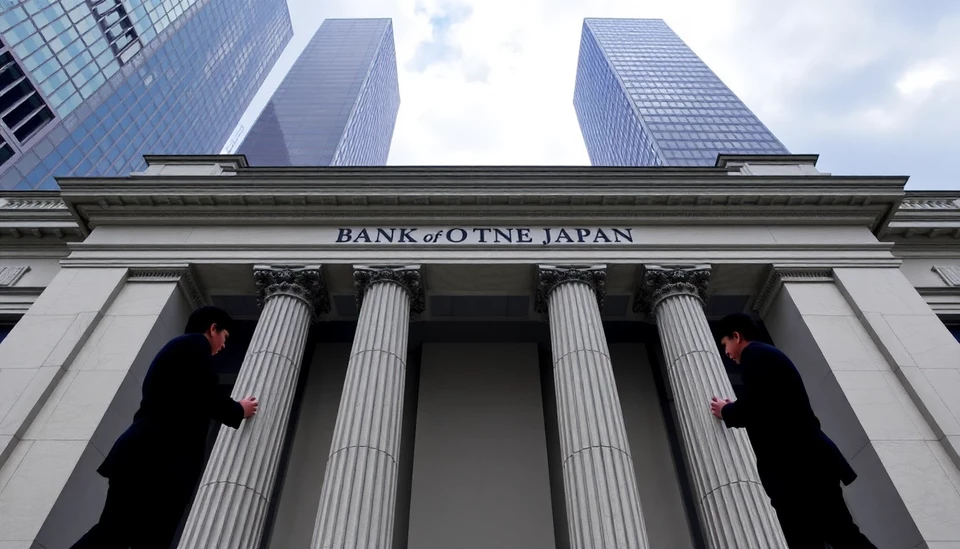
Goldman Sachs, a prominent investment bank, has revised its forecast regarding the tempo of interest rate reductions anticipated from the Bank of England (BoE). The shift in outlook comes amidst evolving economic conditions and recent statements from BoE officials, suggesting a more measured approach to rate cuts than previously speculated.
Initially, analysts had predicted a somewhat aggressive timeline for rate cuts. However, Goldman Sachs now believes that the BoE will likely adopt a more gradual strategy due to persistent inflation and economic uncertainties in the UK. This adjustment indicates a growing recognition that the path to stabilizing the economy may not be as straightforward as once thought, requiring careful navigation by the central bank.
In the latest commentary, Goldman Sachs emphasized that the BoE's decision-making process will be influenced heavily by up-to-date economic indicators, including inflation rates and employment figures. With inflation remaining above the BoE’s target, the pace at which interest rates can be reduced may be slower than anticipated. This reflects a broader trend seen across central banks globally, where maintaining economic stability often requires a delicate balance between curtailing inflation and supporting growth.
Furthermore, analysts pointed out that any immediate rate cuts might depend on both domestic economic conditions and international pressures. The interconnectedness of the global economy means that the BoE's strategies could also be affected by fiscal policies and economic performance in other regions.
Goldman Sachs has signaled that, under the current economic landscape, the BoE is unlikely to engage in rapid rate cuts. Instead, the bank projects that monetary policy will maintain a more cautious stance as growth uncertainties loom and inflationary pressures linger. This outlook was reinforced after the recent BoE meetings and public addresses by officials, which stressed the importance of data-driven decisions.
Investors are now advised to closely monitor upcoming economic reports and BoE communications, as these will play a crucial role in shaping expectations regarding future monetary policies. Goldman Sachs' updated forecast serves as a reminder that economic conditions can shift swiftly, impacting how central banks like the BoE respond to ongoing challenges.
In conclusion, Goldman Sachs' revised expectations for the Bank of England underscore the complexities of managing monetary policy in an unpredictable economic environment, where strategic decisions will be pivotal for stabilizing both inflation and growth in the UK. This watchful approach signals that investors and market participants should remain vigilant as the dynamics continue to evolve.
#GoldmanSachs #BankofEngland #InterestRates #EconomicForecast #Inflation #FinanceNews
Author: Rachel Greene




